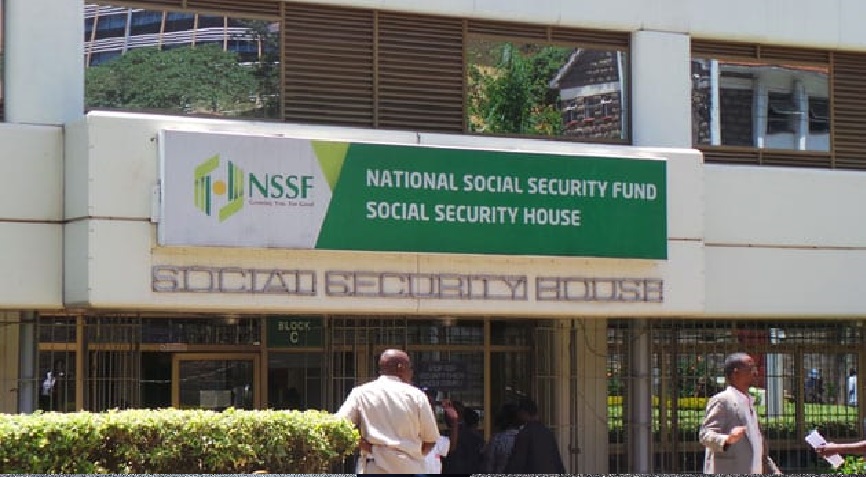Starting January 2025, Kenyans’ National Social Security Fund (NSSF) contributions will increase, marking the third year of adjustments under the NSSF Act of 2013.
The act, upheld by a recent court ruling, mandates a gradual rise in monthly pension contributions over five years. This increase aims to bolster the country’s pension system, providing citizens with greater financial security in retirement.
Employees in tier 2 who make more than KSh 18,000 per month would see their monthly payments increase from KSh 2,160 to KSh 2,240 under the new rates.
On social media platforms, users highlighted how their payslips will now show larger deductions, reducing their take-home pay.
Did you read this?
These are the current NSSF Kenya deductions. The term "deductions" often makes it sound scary 😆 and seem as though it is a tax. Basically, NSSF should be your money, and not the government's money! Ugandans are doing so well with their NSSF Uganda, same to Tanzania! pic.twitter.com/rh3KJKRkRR
— Juma G 🇰🇪 (@jumaf3) November 2, 2024
For instance, one user commented, "Are you ready for further shake-ups on your payslips? It’s really bumpy ahead."
Another expressed frustration by adding up the various deductions, noting that the total will now take away almost half of their income.
This is part of a gradual strategy to achieving the law's ultimate goals, which include large increases from the previous minimum of KSh 400 for NSSF contributions.
For example, employees earning less than KSh 18,000 currently pay KSh 720 per month, while those earning more contribute KSh 1,440.
This increase follows the Court of Appeal's 2024 judgement, which paved the path for the full implementation of the NSSF Act after temporarily postponing initial objections.
Kenyans have gone to social media to express their concerns about the impact of the NSSF's increasing donations.
Many people are concerned that the greater deductions will put further strain on their already limited earnings.
The reactions also pointed out other mandatory deductions, such as 2.75% for the Social Health Insurance Fund (SHIF), 1.5% for the housing fund, and the standard PAYE tax.
Many Kenyans feel that these deductions, along with the NSSF increase, substantially reduce their disposable income, affecting their ability to cover daily expenses and save for emergencies.
The government, however, argues that the new NSSF rates are crucial for enhancing social welfare and ensuring long-term security for Kenyan workers. Officials stress that the increase will strengthen the pension fund, ultimately benefiting contributors in the future.









